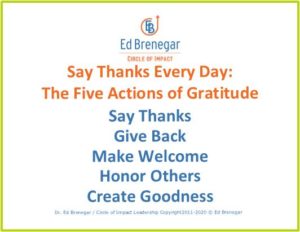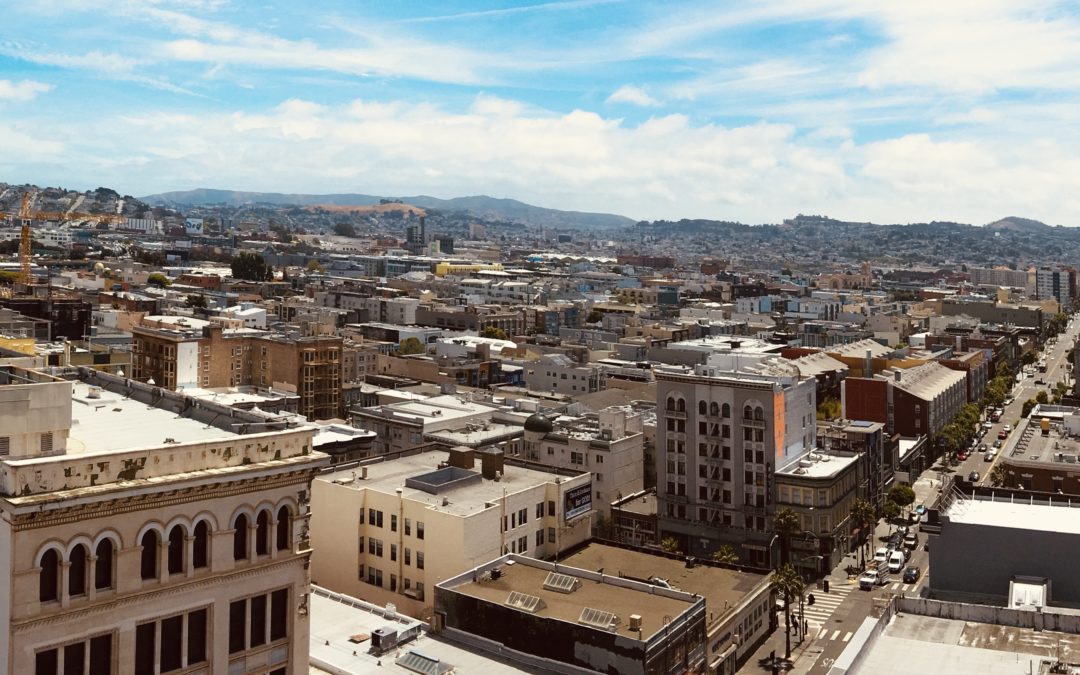Simon Sinek is smart and insightful about human behavior. In this video, he speaks about steps to take to improve interaction with people. The video feels like a compilation of clips from several presentations. It is the first segment that I that captured my attention.
At the beginning of the video, Simon Sinek speaks about how homeless people ask for money. He convinces a woman to change her message, and she makes more in two hours than she does in a whole day. Good move on Simon’s part. Then she leaves. She met her daily quota.
The question that this raised for me is whether Sinek was actually successful in his advice to the woman. I’m not being overly critical of Simon. He did something that most people would not do. That is to his credit. In the video, he goes on to speak about changing the environment so that workers have a greater sense of appreciation for their contribution to a business.
Having spent much of my career engaged with people on the streets, I see in Sinek what I see in many other people. They want to give. Are glad to give. But the giving does not change anything. It doesn’t change the environment for the woman.
My first experience dealing with homeless people or street people as they are often called was over forty years ago. A part of my seminary training was a course in urban ministry where our class spent three days alone or in twos or threes on the streets of Boston in January with only enough money to make one phone call. The world of the streets for the homeless is far more complicated that you can imagine.
One of the realities of the streets is that people are often not who they appear to be. Some of these “homeless” people are not homeless but are “employed” to beg. You may not have known that. The street grifter enterprise is analogous to that of sex workers. They have a pimp. They have a street corner that they work. And they have their quota for the day. If you want to better understand this segment of humanity, check out Mark Laita’s Soft White Underbelly YouTube channel. Fascinating stories of people at the margins of society.
Why Give? To Create Impact.
Sinek wants us to focus on the giver and his or her motivation. I am glad he does. He wants us to think about why we should give to people in need, or affirm workers in the workplace.
Now, as good as this video is, Sinek needs to look more deeply at what is required to change the social and organizational environments that we inhabit. If you watch Mark Laita’s videos, you can see the effects of broken environments on people. From my perspective, the range of crises that we are experiencing globally are the product of broken social or organizational environments at the local level.* In this sense, all crises are local ones. A homeless crisis in one city is actually a product of brokenness in many places as people seek refuge or help where they can.
Simon Sinek made his name asking about Why. In the context of this video, we can ask this question about giving.
Why should we give?
Why should we give to that person rather than another?
Why should I give a dollar and not fifty dollars?
While I agree that we should ask why we should give, we also need to ask at the same time, what is the impact of my gift. Simon is correct that a lot of giving is to please the giver. He helped the homeless woman change her message. He felt good about that, but it didn’t change her expectations for generating funds.
What is a reasonable expectation for impact when we make a gift? If it is simply a financial transaction. It will have a minimal effect.
The Way We Can Give
We need to look at giving differently. Don’t think of it as an exchange, but rather as an engagement with the person. An engagement needs three things to be present for it to have impact.
Participation
I don’t give money to people unless I have some direct participation in their situation. Even then I may not give because I am asking the question, “What is the impact that I want to create for this person?” Participation is engagement. It forms a direct connection. Regularly, people from around the world email me asking for financial help. They may have the need. But I do not see how I can participate so that my gift creates the impact that I expect. As a giver, it is difficult to say no. But saying no is often the first step for someone to stop being dependent. **
Four decades ago, I learned to participate in people’s lives as an urban community minister. One afternoon as I was preparing to get in my car to drive home. A voice behind me said, “I went there.” I turned and there was a disheveled man looking at my UNC Tar Heels bumper sticker. It began an engagement with this broken man whose life was destroyed by the loss of his wife and young son in an auto crash. His name was Berkeley. Over the year or so that I knew him, I watched him change. It wasn’t because I gave him money. But rather because I participated in his life. In the end, he found help for his alcoholism, restoration of the relationship with his family, and ultimately, a job where he was giving back to people who had helped him. On the afternoon that we met, if all I did was strategize better ways to ask for money, he would have ultimately died lying under a bridge or in the shadows behind a building. There is no impact without participation. And there is no participation without our taking personal initiative to create impact that makes a difference that matters.
Contribution
I see contributions, whether financial or in-kind, as investments in impact. I have had conversations with people from the streets who told me that they needed money because they were hungry. I have often taken them to a local restaurant, like a McDonald’s, and bought them a meal. I sit there with them and we talk about their life. Many are not addicts or mentally ill. Instead, they are victims of a razor-thin fragility that an increasing number of people experience in a broken society. They are surprised to find themselves in this situation. After they have finished their meal, I will speak to tell them about being someone who gives. I say, “if you ever want to escape always being dependent upon others, then you have to see yourself as a giver.” I will then give them a small about of money and say to them. “I am giving you this for you to give someone else. I want you to experience what I experience in giving. It will change your life.” Real human dignity is restored when can give to others. Through our contributions, we impact the world beyond the individual. We may not see it at that moment. But it is happening.
Gratitude
Being a giver should rise out of a sense of gratitude for what one has. Yet, I found many years ago that most of what I see being written and spoken about concerning gratitude reflects what Simon Sinek is saying in his video. People create gratitude boards in their homes to remind themselves to be grateful. It is an inward turning that doesn’t necessarily lead to participation and contribution. What should be the impact upon your life if you choose to be grateful? It should not just make you feel good. It should change how you live your life. If you want a life of participation, contribution, and gratitude, then you have to take personal initiative to do so. And at some point, we have to find a way to be thankful for the hardship and brokenness that we experience. When you can, you’ll discover that the fruit of impact grows from the seeds of the need to change the brokenness in the world.

A decade ago I create a gratitude action strategy called The Five Actions of Gratitude. It is a good way to see how you can turn the simple act of giving that makes us feel good into a lifestyle that changes the environment where we live and work. It is not just random. It is intentional. And it can be measured.
Impact comes from action. To practice the actions of gratitude we need to realize the reasons why we should be grateful. If there is bitterness, then it will be hard to be grateful, and even harder to be a giver. Here’s a simple way to see how to practice these five actions of gratitude.
Say Thanks when it is unexpected.
Give Back when it makes a difference.
Make Welcome to encourage leadership initiative.
Honor Others for their participation and contribution.
Create Goodness that brings healing where brokenness exists.
Being a Grateful Giver
It is true that we are all in transition. For many of you, your transition has been and continues to be hard and difficult. Maybe you feel entitled to some gift or benefit from the world. All I can say is that feeling or belief will ultimately narrow your life’s meaning creating isolation and despair. Once you decide to be a grateful giver, you see what you have and don’t have in a different way. I am not saying you need to give away all your wealth. Quite the opposite. Instead, you become an investor in making a difference that matters.
Every community has people living on the streets. There are also people in every community engaged in providing assistance. It isn’t just money. They provide meals, clothing, shelter, and counseling. Check out who they are and offer to participate in serving these neighbors of your community. I guarantee that you will discover that many of these people will contribute to your life as Berkeley did to mine.
If you have a story to share about your experience, either as a homeless person or as a grateful giver, contact me at ed@edbrenegar.com, because I like to learn from your experience.
* To better understand the brokenness in organizations and in society, read my short books, Seeing Belong The Surface of Things: The Brokenness of the Modern Organization and Where Did Trust Go?: Restoring Authority and Accountability in Organizations. Available at Amazon on Kindle and in paperback.
** To better understand why dependency is harmful, watch my interview with these women in rural Kenya speak about how learning to farm will lead to self-sufficiency and interdependency as a community.


